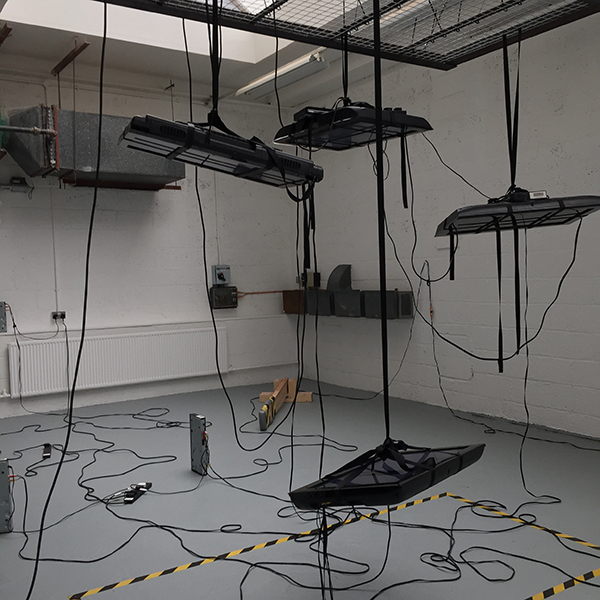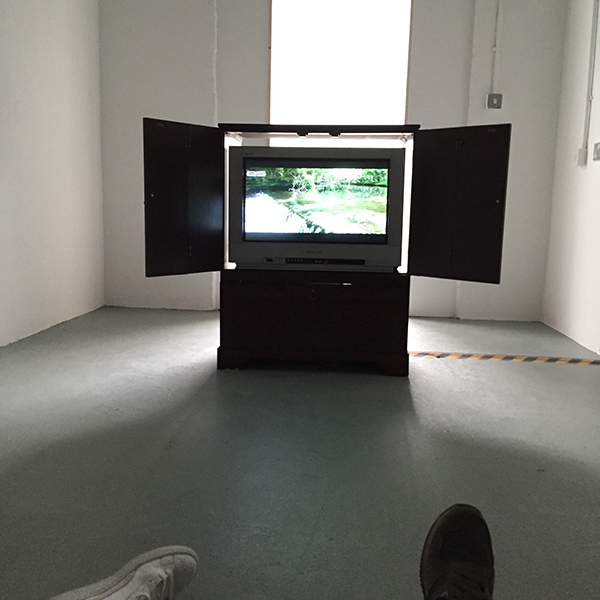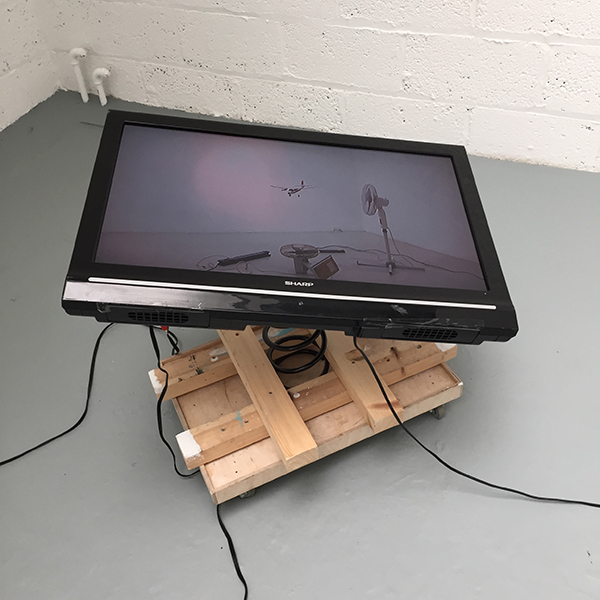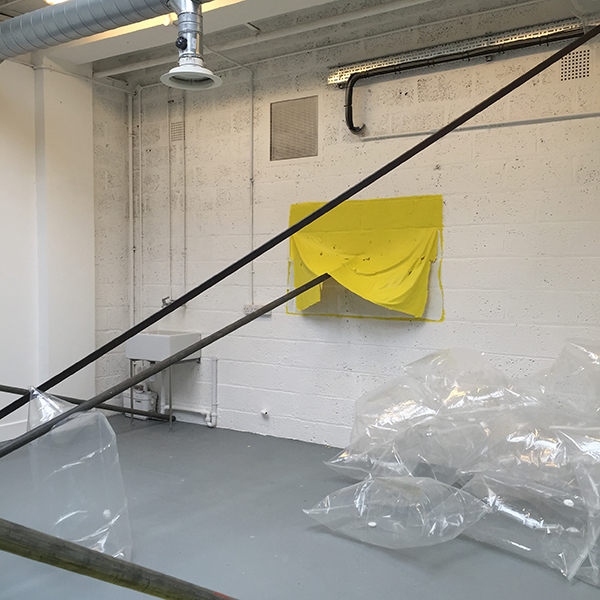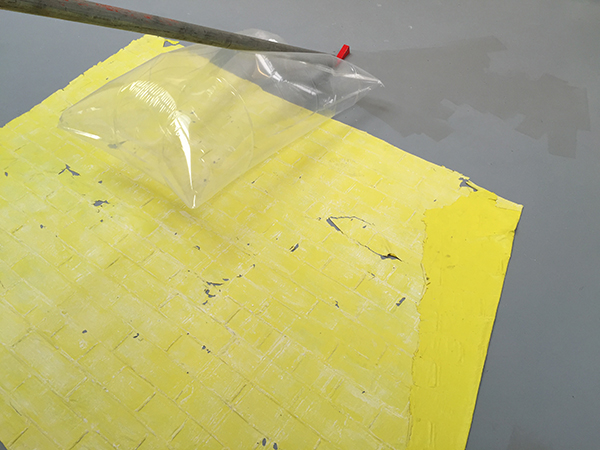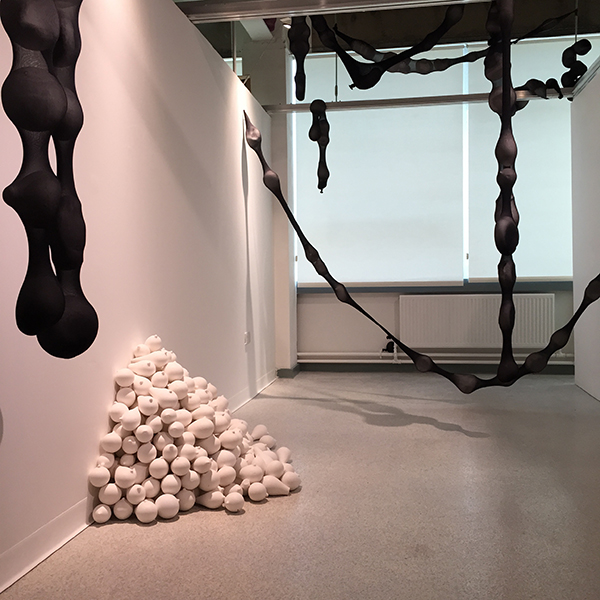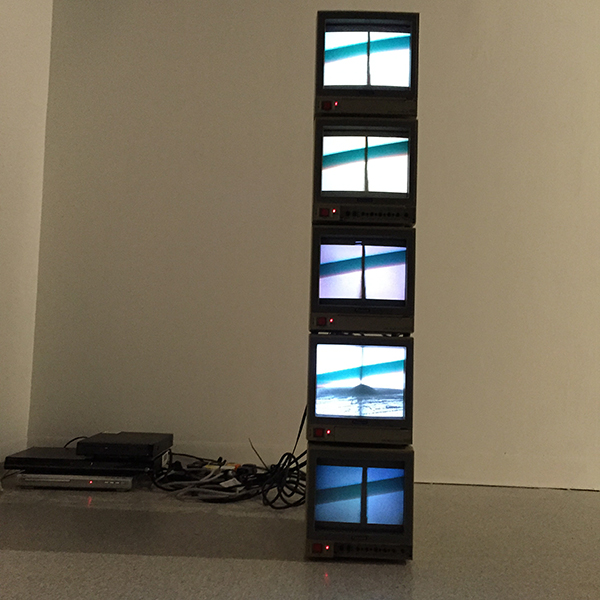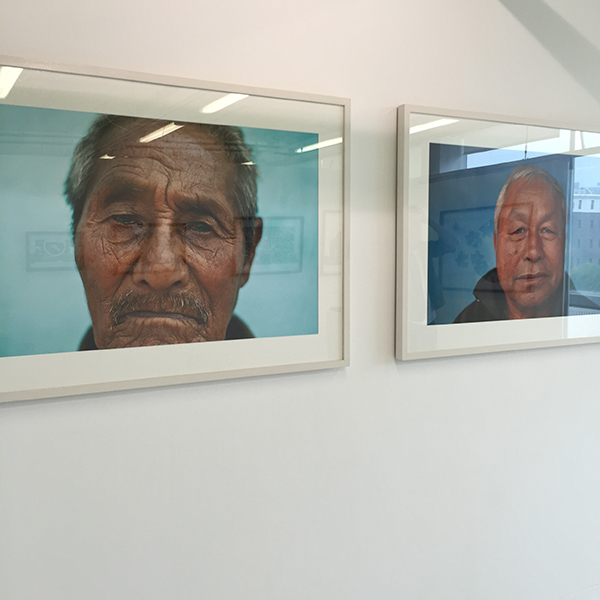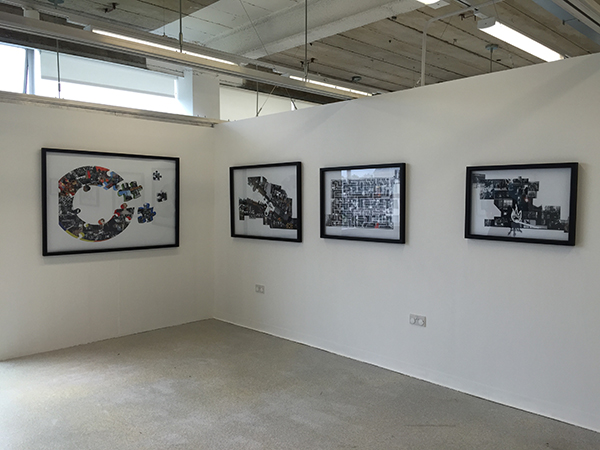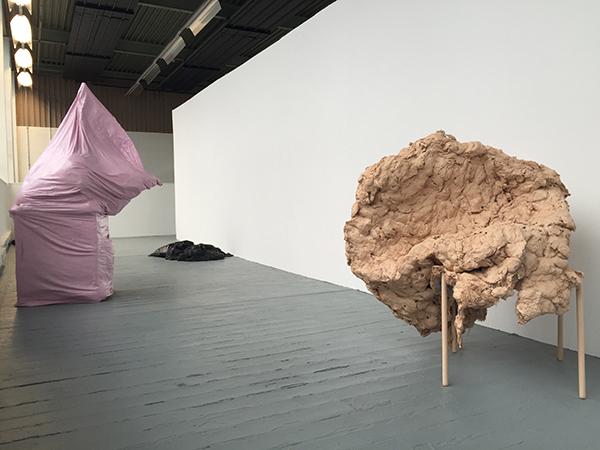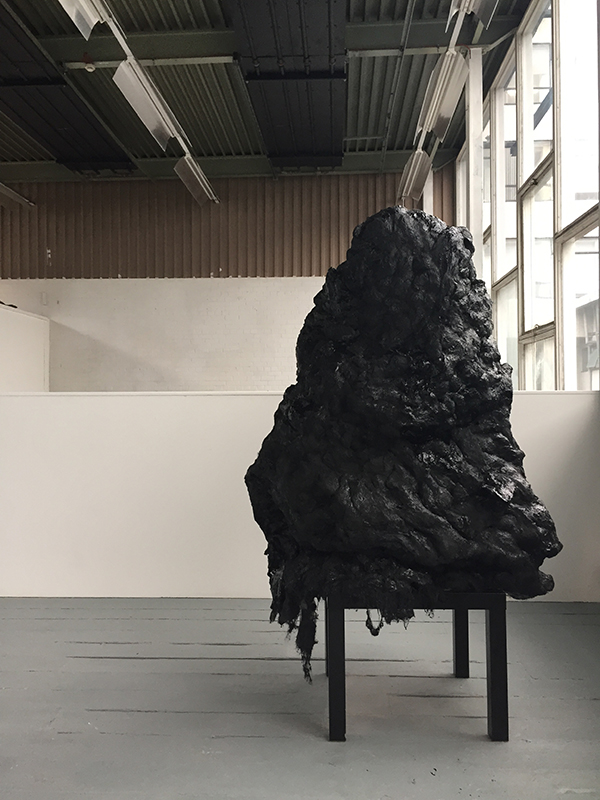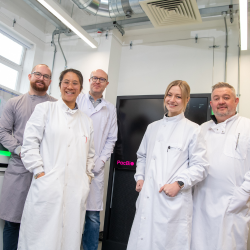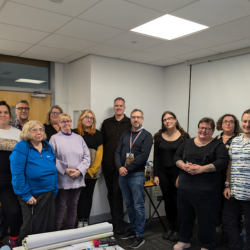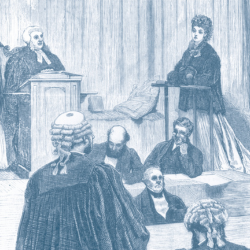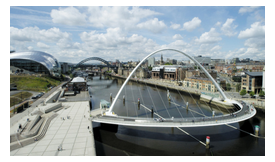-
Study
-
Undergraduate
- Search for a Course
- Undergraduate Open Day & Events
- Application Guides
- Northumbria University UCAS Exhibitions
- Foundation Years
- Undergraduate Fees & Funding
- School & College Outreach
- Continuing Professional Development
-
Postgraduate
- Postgraduate Study Degree
- Postgraduate Research Degrees
- Postgraduate Open Days and Events
- Postgraduate Fees & Funding
- Flexible Learning
- Thinking about a Masters?
- Continuing Professional Development
- Change Direction
-
Student Life
- The Hub - Student Blog
- Accommodation
- Life in Newcastle
- Support for Students
- Careers
- Information for Parents
- Students' Union
- Northumbria Sport
- Be Part of It
-
-
International
International
Northumbria’s global footprint touches every continent across the world, through our global partnerships across 17 institutions in 10 countries, to our 277,000 strong alumni community and 150 recruitment partners – we prepare our students for the challenges of tomorrow. Discover more about how to join Northumbria’s global family or our partnerships.
View our Global Footprint-
Applying to Northumbria
- European Union
- Our London Campus
- Northumbria Pathway
- International Events
- Entry Requirements and Country Representatives
- Regional Offices
-
Northumbria Language Centre
- Faculty Requirements
- Acceptable English Requirements
- Pre-sessional English Language and Study Skills
- Academic Language Skills Programmes (ALS)
-
International Fees, Funding & Scholarships
- International Undergraduate Fees
- International Undergraduate Funding
- International Masters Fees
- International Masters Funding
- International Postgraduate Research Fees
- International Postgraduate Research Funding
- International Money Matters
-
Life at Northumbria
- International student support
- Careers
-
International Mobility
- Current Northumbria Students
- Incoming Exchange Students
-
-
Business
Business
The world is changing faster than ever before. The future is there to be won by organisations who find ways to turn today's possibilities into tomorrows competitive edge. In a connected world, collaboration can be the key to success.
More on our Business Services -
Research
Research
Northumbria is a research-rich, business-focused, professional university with a global reputation for academic quality. We conduct ground-breaking research that is responsive to the science & technology, health & well being, economic and social and arts & cultural needs for the communities
Discover more about our Research -
About Us
-
About Northumbria
- Our Strategy
- Our Staff
- Place and Partnerships
- Student Profiles
- Alumni Profiles
- Leadership & Governance
- Academic Departments
- University Services
- History of Northumbria
- Contact us
- Online Shop
-
-
Alumni
Alumni
Northumbria University is renowned for the calibre of its business-ready graduates. Our alumni network has over 244,000 graduates based in 178 countries worldwide in a range of sectors, our alumni are making a real impact on the world.
Our Alumni - Work For Us
What will I learn on this module?
This module provides opportunities for you to unlearn theme-led ways of making art, and instead to develop your studio practice through process and practical making. You will learn technical skills in a range of resource areas to support you in this exploration.
The module will introduce you to ways of making contemporary art through experimenting, collaborating and exploring your curiosities. You will learn to develop and produce a range of collaborative and individual artworks supported by academic staff through directed and self-directed approaches within studio, technical workshop, project space areas and online platforms.
You will learn to take risks and to work in an open-ended way, supported through a range of teaching approaches. You will learn to discern between a range of views within the subject offered to you by the academic team. You will create a studio community by negotiating a shared space of making, and by sharing interests, ideas and critical observations in an open and supportive way. You will develop critical and reflective approaches to producing and displaying your work.
How will I learn on this module?
On this module you will learn experientially through practical making, and engaging in a range of creative activities. These will include group working, group critiques, exhibition visits, individual tutorials and half-day studio workshops. You will learn practical making skills by being introduced to the technical resource areas.
Studio workshops will use briefs to introduce you to experimental processes of making, unmaking and remaking art as you work both individually and in collaboration with peers. Some sessions will draw from game-play scenarios to consider chance and role play as strategies to cede control in creative decision making. You will work with your peer group to test ideas collectively, explore new materials, develop collaborative processes, and share critical reflection. Following these directed tasks, you will have tutor guided independent studio time to develop your responses further and explore new curiosities.
You will learn through individual tutorials; one-to-one teaching sessions in the studio that give ongoing feedback on your work as it develops and strategies for taking it further. Conversations with lecturers in these sessions will widen your subject knowledge and help you become aware of social, historical and cultural contexts. Group studio tutorials follow the same format, however you will also learn through live evaluation of work and processes with your peers.
Group critiques (crits) are small group forums that focus discussion on complete or near-complete work presented in ways that test exhibition display methods. Led by academic staff, crits allow you to safely and freely exchange views and ideas with your peers. Through crits you will receive detailed feedback from academic staff and peers on your works in-progress.
You will be supported by academic staff (who are practising artists) throughout the module through regular contact in the studio and online, through group feedback sessions, and by being directed to learning resources.
These approaches will help you to gain a wider understanding of the subject and start to position your practice within it. They will support you in developing social, organisational, intellectual and professional skills. They will enhance your learning in areas of communication, decision-making, problem solving, negotiation and critical reflection.
How will I be supported academically on this module?
You are supported with studio provision, online platforms and IT support, and access to specialist technical facilities and resource areas. Technical facilities include wood, casting workshops, a print studio, mac lab, digital print facilities, and the darkrooms and digital photographic studios. You have access to specialist materials in all workshop areas, and our resource areas include our equipment stores, galleries, and project spaces.
You are supported by a module lead and wider academic team who will introduce the module at the start of the semester and offer advice and guidance throughout. At the start of the module you will be supported in safe working practices through training and instruction in health and safety and in ethics. This ensures that you are fully supported to safely use the studio, workshops and resource areas. You can apply for late working to increase your access to the studio. Academic support is provided by tutorials, group critiques, and introductions technical workshop areas where you are supported by specialist technicians.
Your learning is mapped out for you in a module guide that includes your timetable, guidance notes and key dates for the semester to help you organise and plan your time. Teaching materials, notices and guidance and the module guide are made available to you through BLACKBOARD, our online electronic learning portal, which is accessible online both on and off campus. You will have a university email that we contact you through. Up to date module information is displayed on noticeboards in your studio. Student REPs represent you in weekly meetings with the Programme Leader.
We support your learning by providing on-going feedback through the range of teaching and learning approaches offered. We ask you to write and electronically submit a Self-Evaluation Reports at the mid-point of semester 1 to support you to evaluate your own progress and achievements. This is then discussed with your tutor who will help you understand your strengths and areas for development in the module.
What will I be expected to read on this module?
All modules at Northumbria include a range of reading materials that students are expected to engage with. Online reading lists (provided after enrolment) give you access to your reading material for your modules. The Library works in partnership with your module tutors to ensure you have access to the material that you need.
What will I be expected to achieve?
By the end of the module you will be able to:
LEVEL 4
Knowledge & Understanding:
1. Produce complete works and works in progress that demonstrate awareness of contemporary art contexts and an understanding of the role practical experimentation, peer interaction and risk-taking take in developing your creative practice.
Intellectual / Professional skills & abilities:
2. Demonstrate a development of your personal organisation, oral and written communication, and technical proficiency.
Personal Values Attributes (Global / Cultural awareness, Ethics, Curiosity) (PVA):
3. Demonstrate understanding of safe and ethical studio working.
How will I be assessed?
At the mid-point of semester 1 you will complete a Self-Evaluation Review form outlining your progress against module Learning Outcomes. Your studio tutor will also complete a copy. You will meet for a feed-forward tutorial in the following week to identify gaps in understanding against the Learning Outcomes and agree on ways in which you can move forward and develop your work. You will receive on-going verbal feedback (formative review) from academics through individual tutorials and group tutorials and seminars. This enables you to respond immediately and clarify with academics any points you are unsure of. F
Summative Assessment
MLOs 1-3
Semester 1
The Summative Assessment is Pass or Referral and takes place at the end of semester 1.
You will present a considered selection of work produced in the semester that demonstrates curiosity, collaboration and experimentation in your emerging studio and out of studio practice. Your display will demonstrate critical awareness of approaches relevant to contemporary art practice. Alongside this you will present all work produced from the semester including tests and series, you will present documentation of process in folders, sketchbooks and notebooks
You will receive verbal feedback from your Studio Tutor in your studio, alongside your work, within seven days of the submission deadline. Written feedback will be delivered via Blackboard within 20 working days. Feedback is individual and provided in the context of the assessment criteria given to you at the start of the academic year in the module guide.
Pre-requisite(s)
N/A
Co-requisite(s)
AH4009
Module abstract
The module will introduce you to ways of making contemporary art through experimenting, collaborating and exploring your curiosities. You will learn to develop and produce a range of collaborative and individual artworks supported by academic staff through directed and self-directed approaches within studio, technical workshop, project space areas and online platforms. You will learn to take risks and to work in an open-ended way, supported through a range of teaching approaches. You will learn to discern between a range of views within the subject offered to you by the academic team. You will create a studio community by negotiating a shared space of making, and by sharing interests, ideas and critical observations in an open and supportive way. You will develop critical and reflective approaches to producing and displaying your work. You will be supported by academic staff (who are practicing artists) throughout the module through regular contact in the studio and online, through group feedback sessions, and by being directed to learning resources.
Course info
UCAS Code W100
Credits 20
Level of Study Undergraduate
Mode of Study 3 years Full Time or 4 years with a placement (sandwich)/study abroad
Department Arts
Location City Campus, Northumbria University
City Newcastle
All information is accurate at the time of sharing.
Full time Courses are primarily delivered via on-campus face to face learning but could include elements of online learning. Most courses run as planned and as promoted on our website and via our marketing materials, but if there are any substantial changes (as determined by the Competition and Markets Authority) to a course or there is the potential that course may be withdrawn, we will notify all affected applicants as soon as possible with advice and guidance regarding their options. It is also important to be aware that optional modules listed on course pages may be subject to change depending on uptake numbers each year.
Contact time is subject to increase or decrease in line with possible restrictions imposed by the government or the University in the interest of maintaining the health and safety and wellbeing of students, staff, and visitors if this is deemed necessary in future.
Useful Links
Find out about our distinctive approach at
www.northumbria.ac.uk/exp
Admissions Terms and Conditions
northumbria.ac.uk/terms
Fees and Funding
northumbria.ac.uk/fees
Admissions Policy
northumbria.ac.uk/adpolicy
Admissions Complaints Policy
northumbria.ac.uk/complaints


